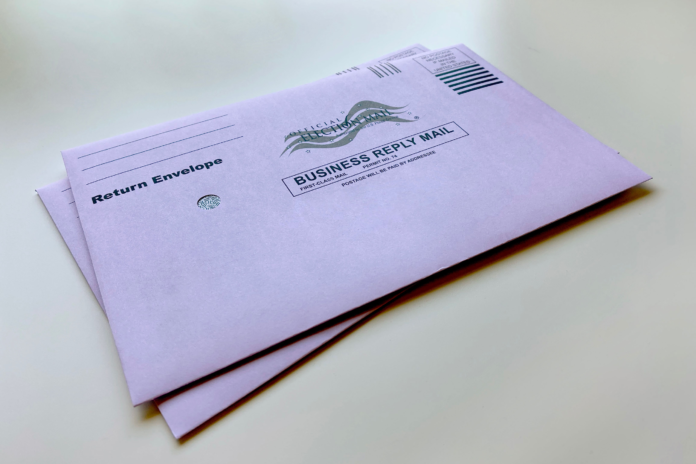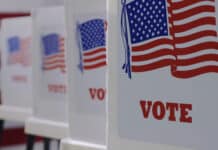Eight Minnesota voters have petitioned the Minnesota Supreme Court with claims that Minnesota didn’t follow election law in the 2020 election. In addition to alleging irregularities, the lawsuit claims that one petitioner’s vote was lost and likely not counted by the Minnesota Secretary of State’s Office.
“There is great uncertainty in Minnesota, and throughout the country about what happened, and as we look back, only a few months, we start to see what really troubles most people in the state and country, and it appears very clearly, and that is in many states, including Minnesota, our election wasn’t carried out according to the law,” said state Rep. Steve Drazkowski, R-Mazeppa.
In Minnesota, as occurred elsewhere, Democrats attempted to make long sought after changes to election law in 2020 using the coronavirus pandemic as a pretext. Most efforts by elected Democrats, including by Minnesota Secretary of State Steve Simon, were rejected by the legislatures. Instead, a massive Democratic legal effort pitting outside groups against state officials — many of whom were sympathetic to the suits — was undertaken to overwrite election law.
These suits sought to change absentee voting into so-called mail-in-voting. Changes included allowing ballot harvesting, and counting ballots that were received after election day.
According to a press release from the petitioners, “The election processes had many more irregular requirements, which resulted in violations of Minnesota election law and tabulation of an unprecedented number of illegitimate absentee ballots. Under the guise of ‘voter accessibility,’ these measures destroyed the voter’s confidence in a legitimate election, and overwhelmed election officials’ capacity to properly execute the election.”
The specific allegations include “loosening of election integrity requirements; election judge party balance not met; unsecured drop boxes; hiring of temporary staff to count ballots, judge ballots, and judge voter applications; removal of witness requirements on absentee ballots; post-election review party balance not met; certification of election before conferring the complete record; lost voter records; votes by illegitimate voters; voters voting twice, by absentee and in-person.”
Data analyst Rick Weible is an expert witness for the petitioners. Weible claimed that his “affidavit shows as of five days after Minnesota State Canvassing Board certification, the data does not have 1.28 million ballots connected to voters in the Nov. 3, 2020 election. That is 38.9% missing histories from the missing total vote of the election.”
Weible noted there are specific problems given the high amount of absentee ballots — which had safeguards removed to turn them into “mail in ballots” — that were cast in 2020. Weible said that “the 4A legislative race indicates an issue with adhering to [Minnesota election law].”
“In regards to processing absentee ballots, only 8.4% [of] absentee ballots were ‘accepted and connected to a voter record’ five days after State Canvassing Board certification,” he continued. Weible said that in this small race alone, at least 11,263 ballots were not properly handled by law, and deserve scrutiny.
It is unclear when the Minnesota Supreme Court will issue a ruling on the petition. In the past, the Minnesota Supreme Court has been unwilling to entertain election integrity cases. The same Minnesota courts also played the pivotal role in overturning and voiding long-standing Minnesota election law in 2020, which is the root of the problem petitioners see with the 2020 election.











